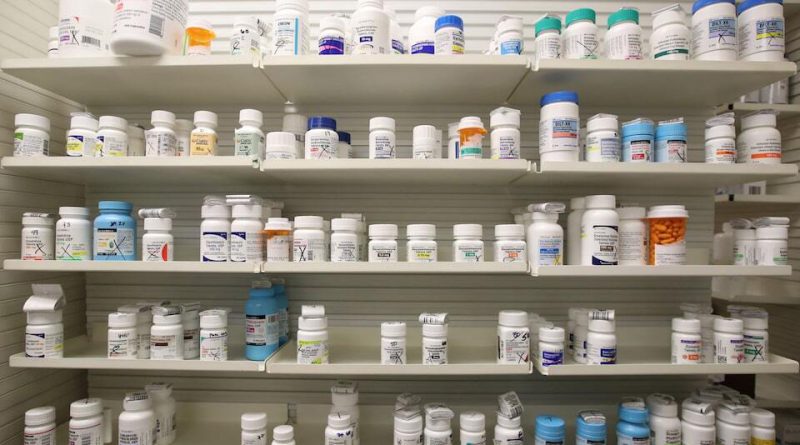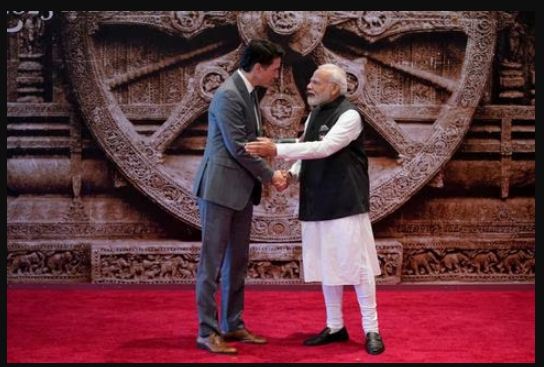Saudi-US Medical Partnership Continues to Grow, Strengthen Public Health, and Inspire a New Era of Innovation
Riyadh – Saudi Arabia and the United States continue to build one of the most influential and enduring partnerships in global medicine and public health, with decades of cooperation creating a strong foundation for innovation, knowledge exchange and lifesaving advancements.
This long-standing relationship has contributed to transforming healthcare systems, empowering medical professionals and bringing modern technologies to both nations.
Over the years, the Kingdom has worked closely with American experts, universities and healthcare companies, allowing Saudi medical institutions to adopt advanced practices and accelerate their own development.
This collaboration has supported the Kingdom’s broader vision of enhancing national healthcare capacity while expanding opportunities for scientific growth.
Partnerships with major US health-technology firms, including Oracle Health and GE Healthcare, have played a defining role in shaping Saudi Arabia’s digital transformation in medicine.
The deployment of Electronic Health Record systems and advanced imaging technologies across Saudi hospitals has improved patient safety, strengthened data management and upgraded diagnostic capabilities nationwide.
One of the most successful areas of cooperation has been public health and disease control, where the US Centers for Disease Control and Prevention has worked with Saudi Arabia’s Ministry of Health for over 35 years.
Together, they have developed rapid response strategies for emerging diseases, including MERS in 2012 and COVID-19, helping protect millions of people across the region and beyond.
Saudi Arabia’s growing demand for specialized medical expertise has resulted in more partnerships with leading American institutions such as Johns Hopkins University, the Cleveland Clinic and the Mayo Clinic.
These collaborations provide advanced training programs in oncology, geriatrics, informatics and other high-demand specialties, enabling the Kingdom to cultivate highly skilled healthcare professionals.
Among the earliest pioneers of this medical bridge between Saudi Arabia and the US is Dr. Walid Fitaihi, a distinguished physician who earned his medical degree from George Washington Medical School in 1991 and continued his studies at Harvard University.
During his time in the US, he achieved board certifications in internal medicine, endocrinology and diabetes while also serving as a medical director and instructor at Harvard Medical School.
Beyond his academic achievements, Dr. Fitaihi contributed to community development by helping establish the Islamic Society of Boston Cultural Center, New England’s largest mosque dedicated to interfaith unity.\
He later returned to the Kingdom to found the International Medical Center in Jeddah, launching the institution in 2006 in partnership with the Cleveland Clinic to elevate the standards of private healthcare in Saudi Arabia.
Dr. Fitaihi emphasizes that medical cooperation serves as a meaningful bridge between nations, allowing them to benefit from shared expertise and collective experience.
He believes the relationship between Saudi Arabia and the US is reciprocal, with both nations offering valuable knowledge, talent and technological advancements to each other.
Research collaboration has also expanded significantly, particularly at King Faisal Specialist Hospital and Research Center (KFSHRC), which has partnered with major American medical organizations to advance cancer treatments, clinical trials and leadership development.
Agreements with ImmunityBio, Houston Methodist Hospital and Massachusetts General Hospital highlight the growing focus on innovation, precision medicine and patient safety.
These initiatives continue to strengthen Saudi Arabia’s healthcare ecosystem while supporting the Kingdom’s transformation into a global hub for medical excellence and scientific research.
As both countries look ahead, their shared commitment to innovation, training and world-class care ensures a promising future for millions who depend on these advancements.



